Marvel and DC Increasing Diversity in Comics and TV Brings Mixed Responses
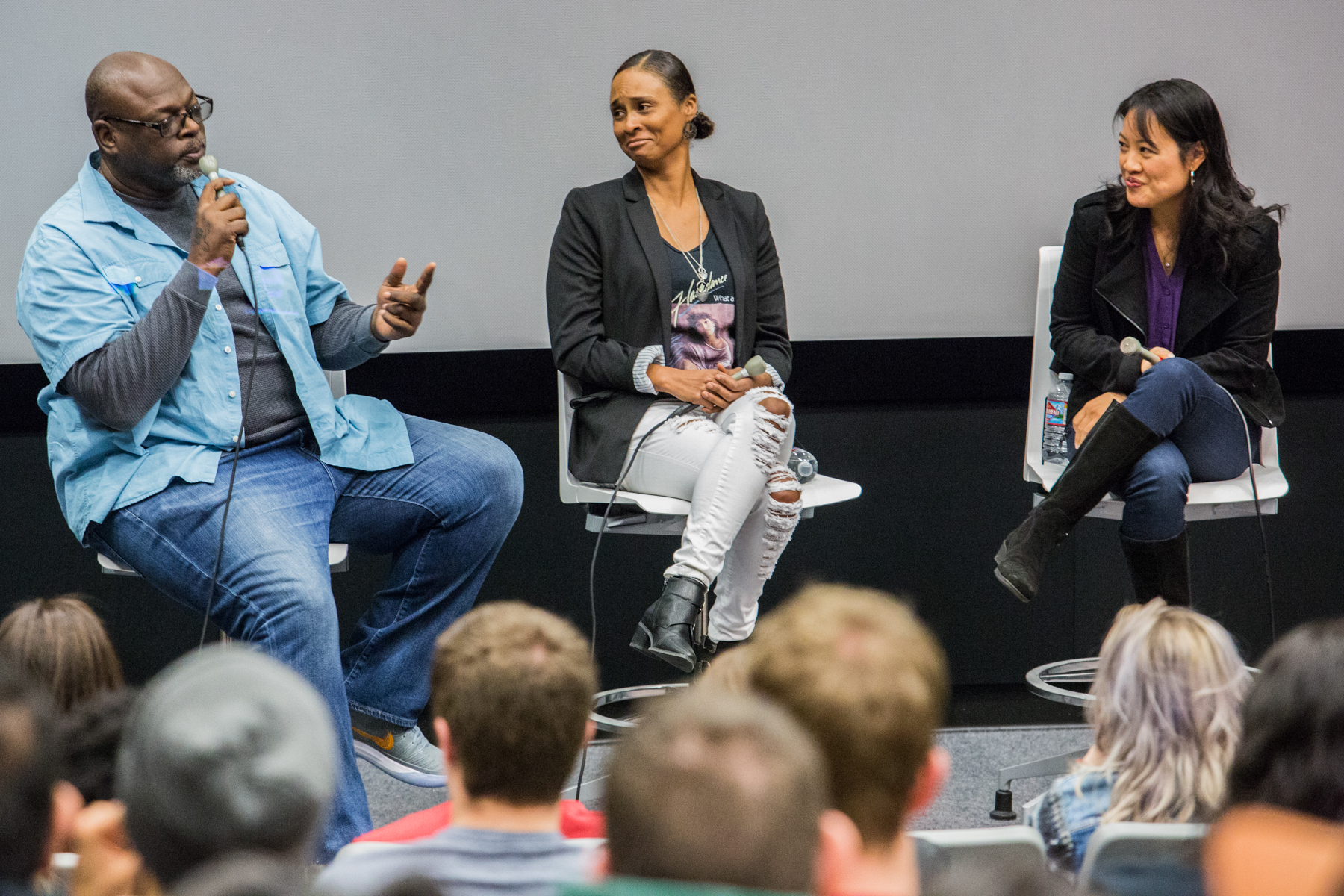
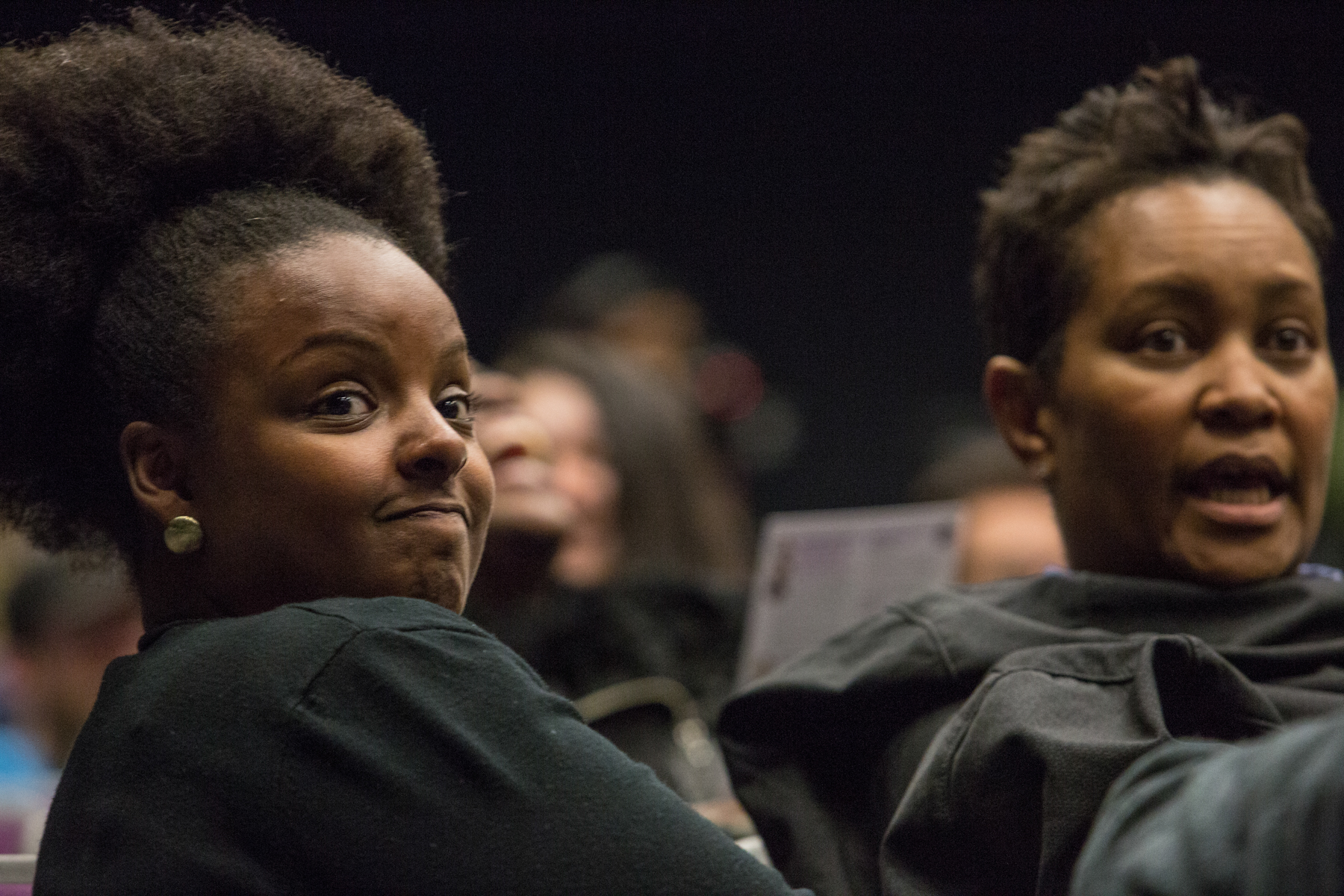
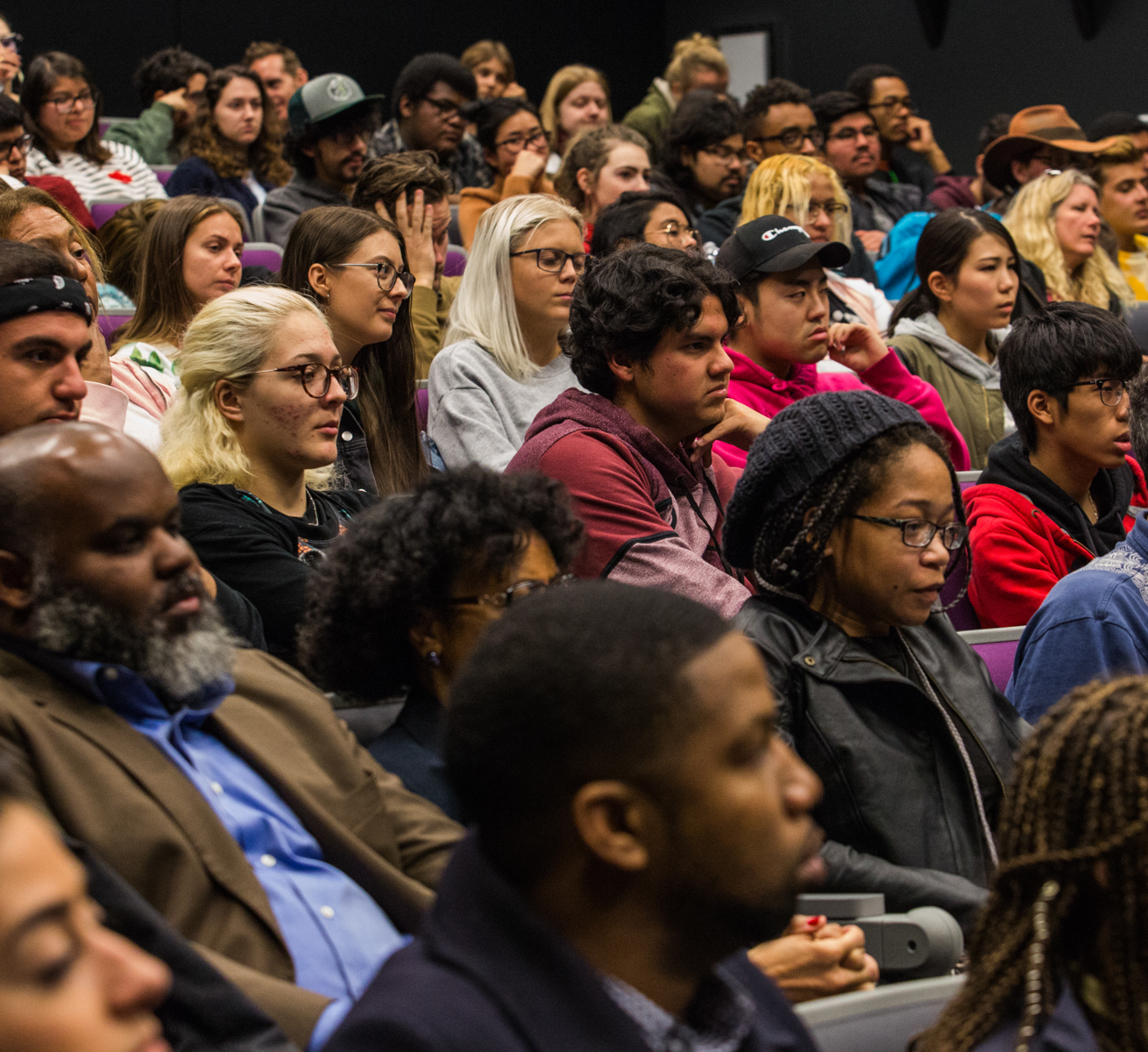
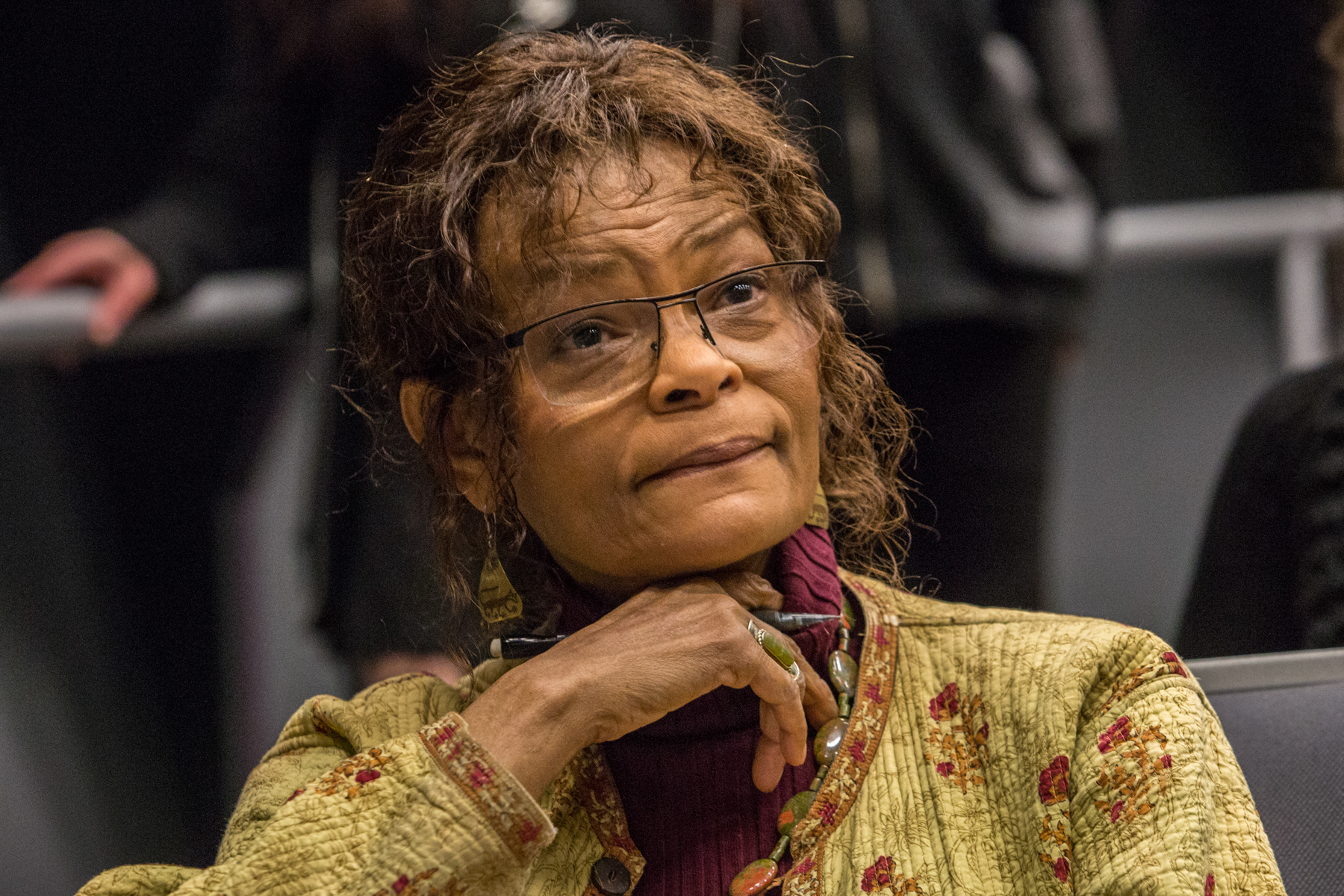
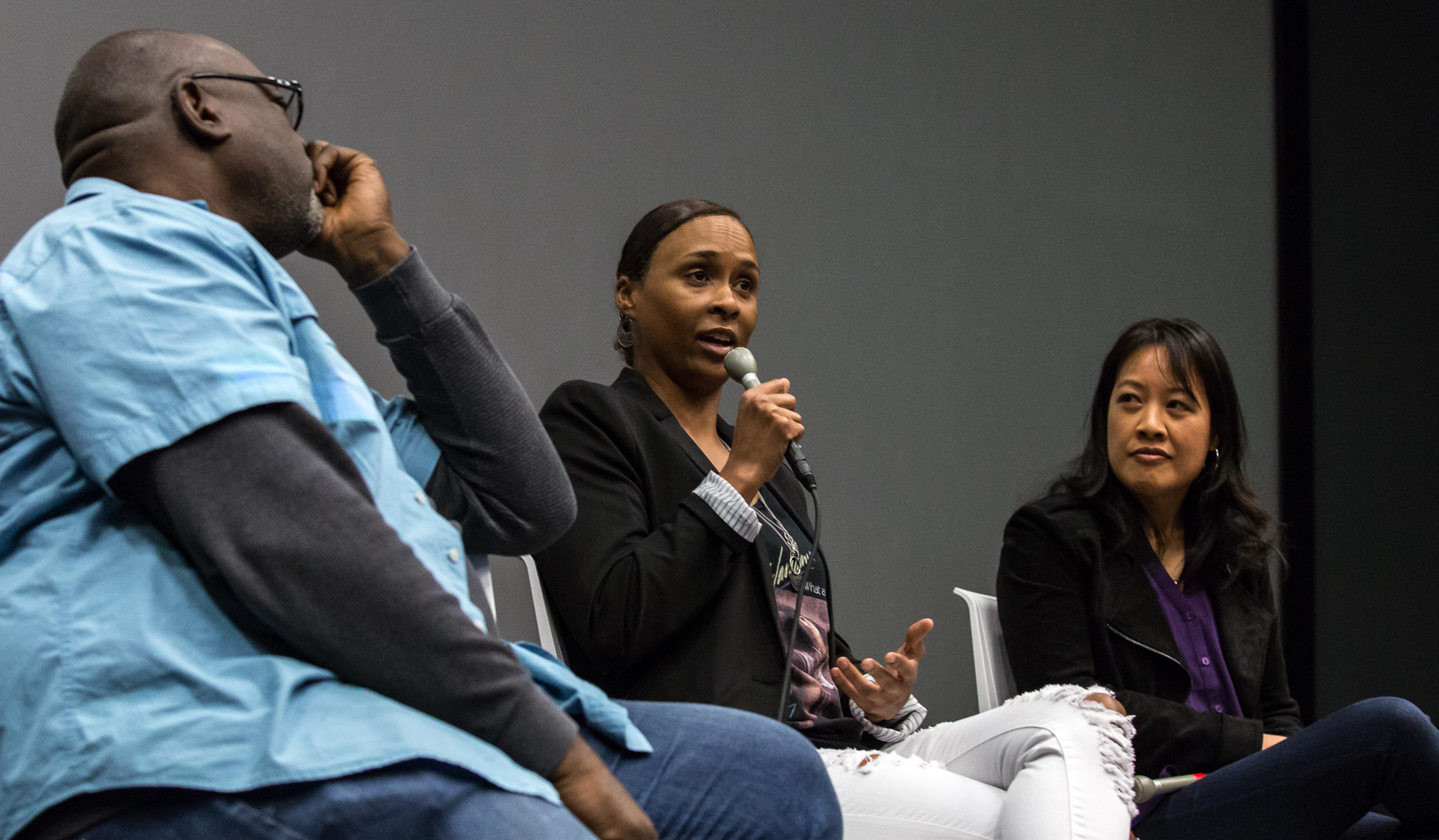
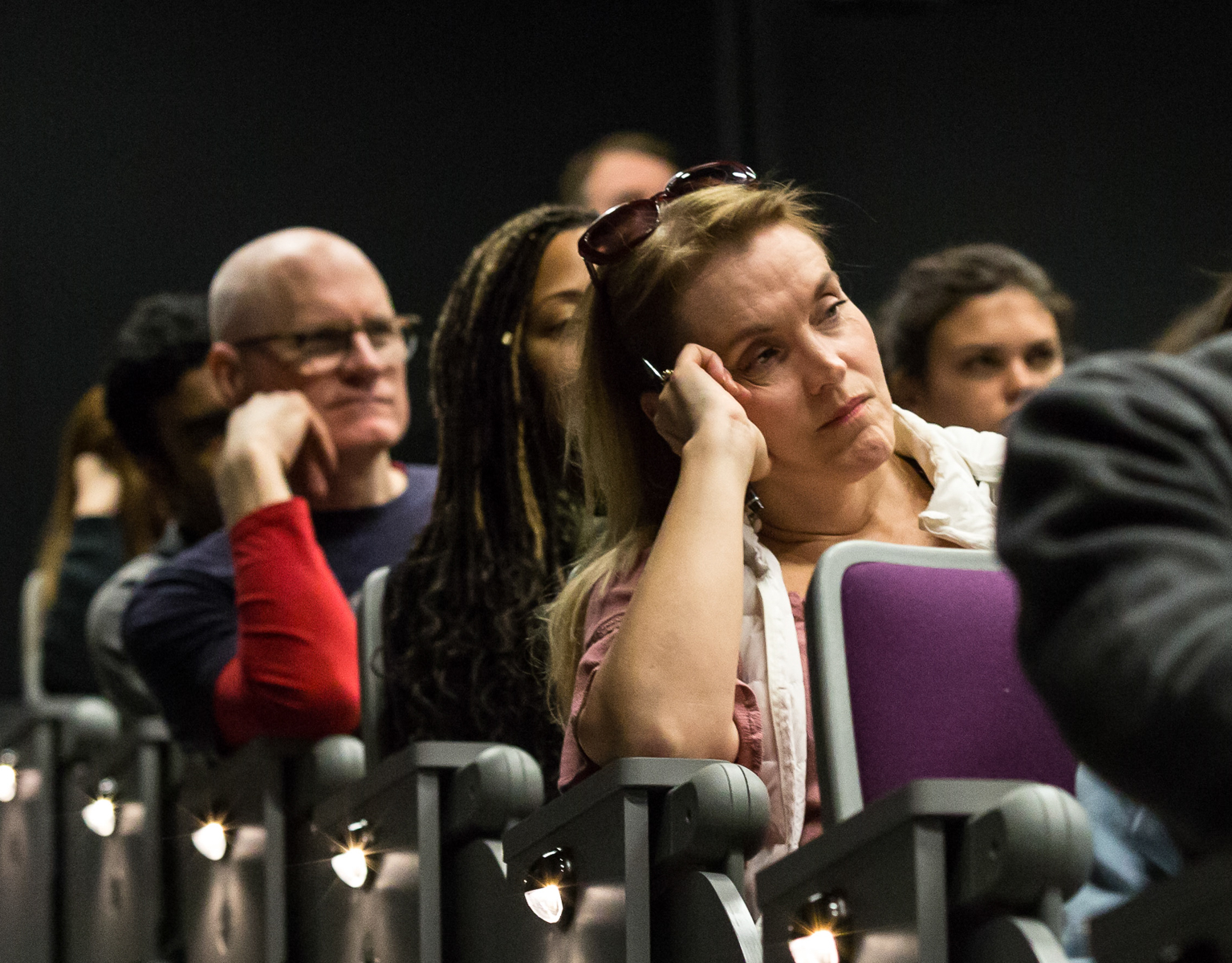
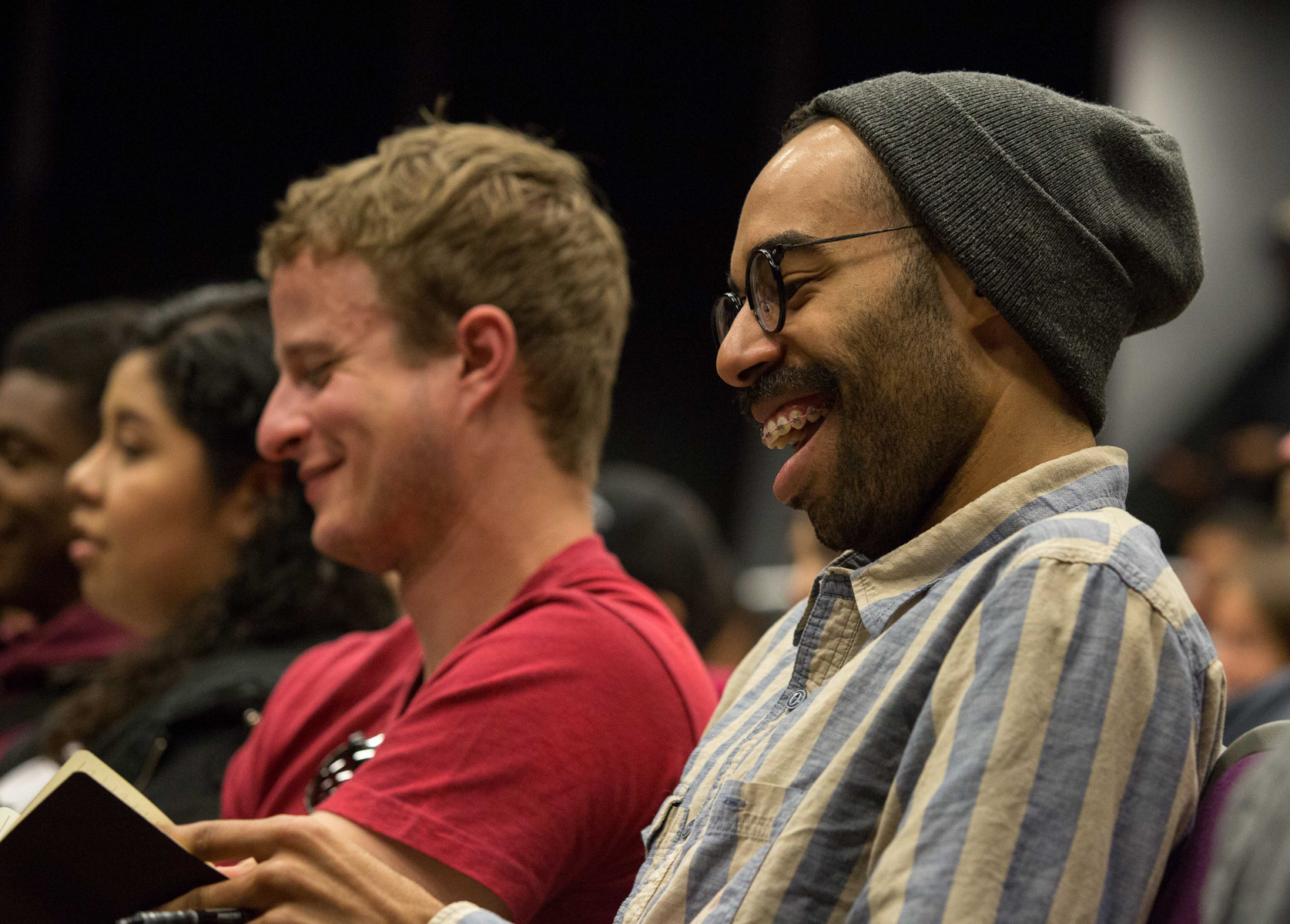
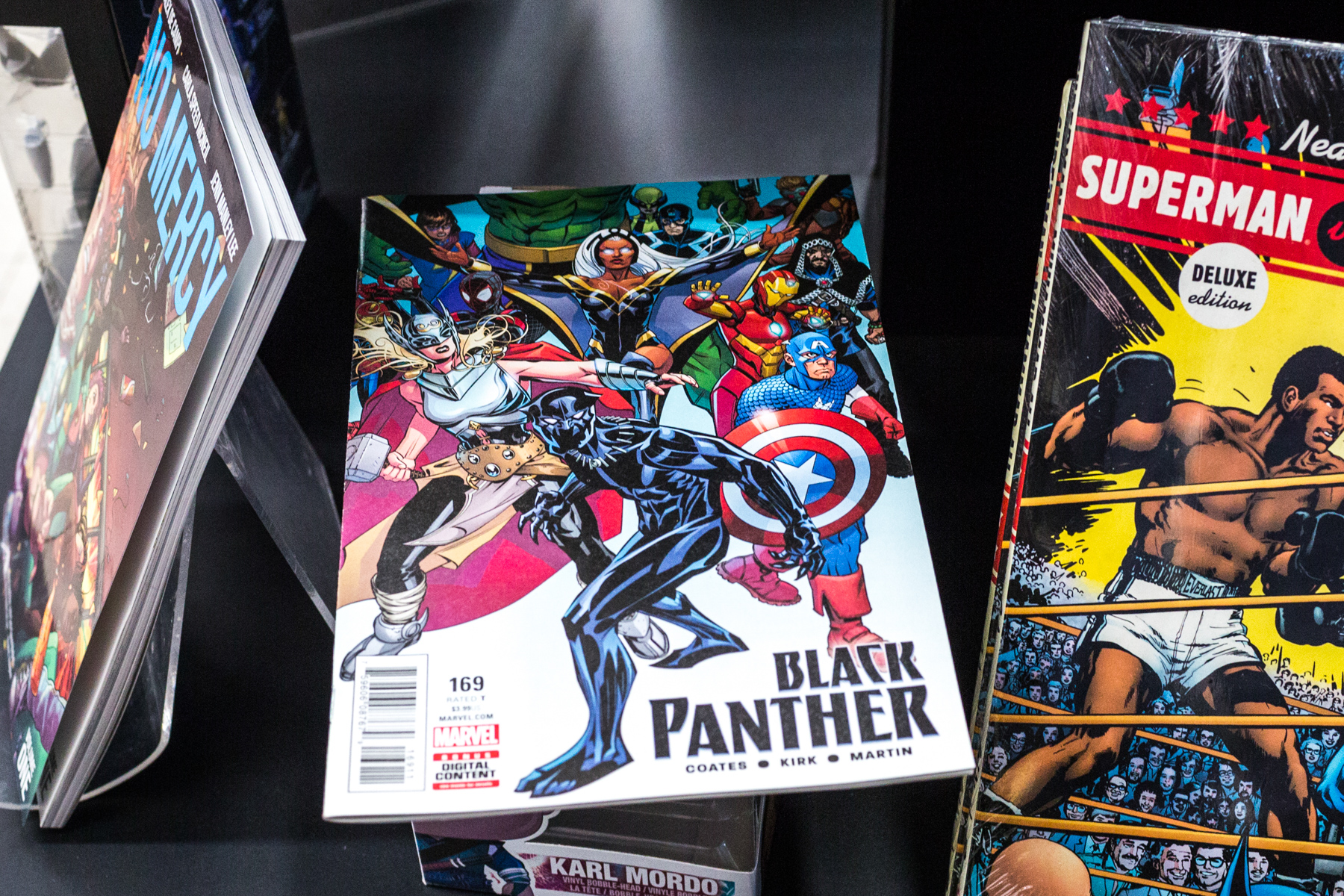
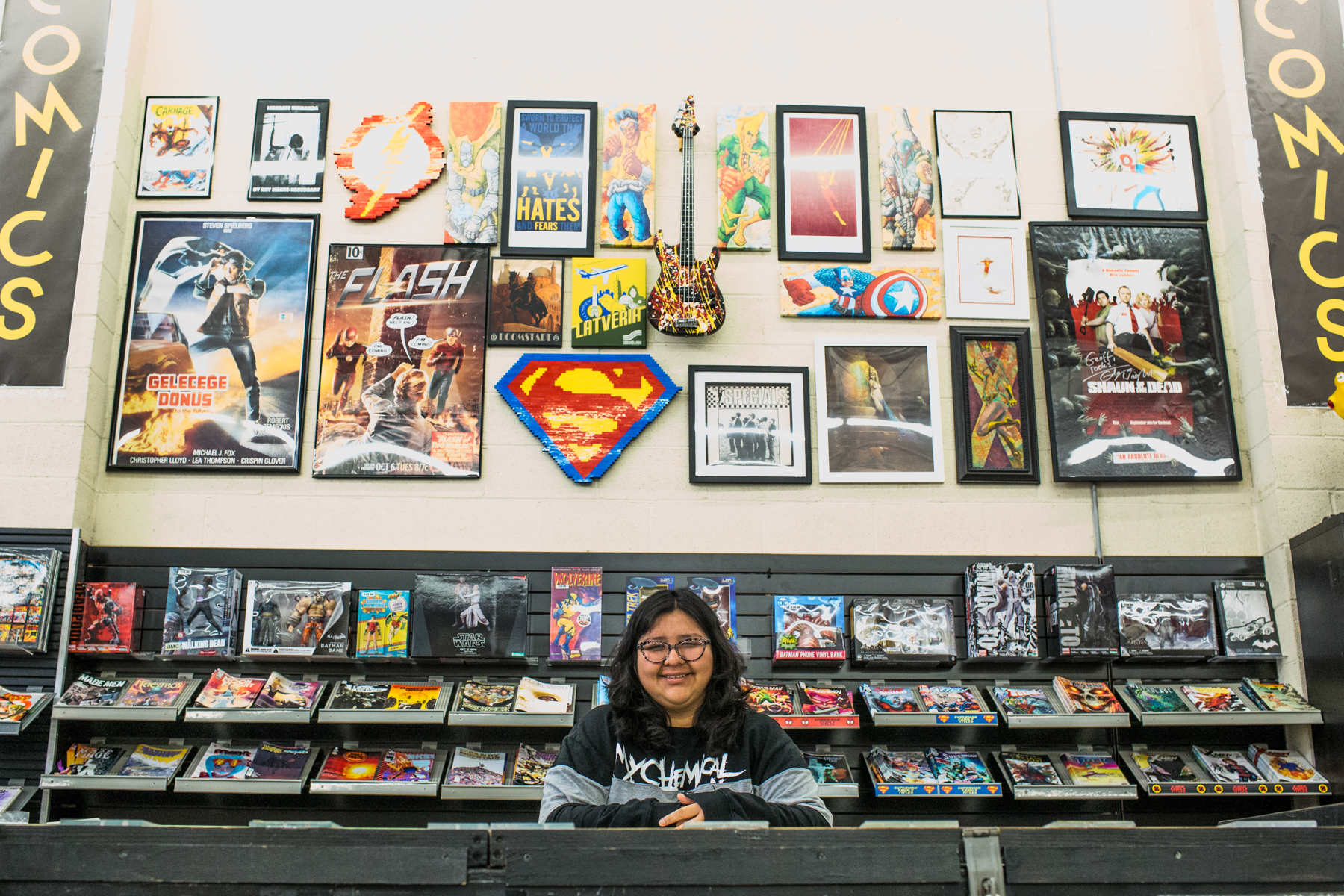
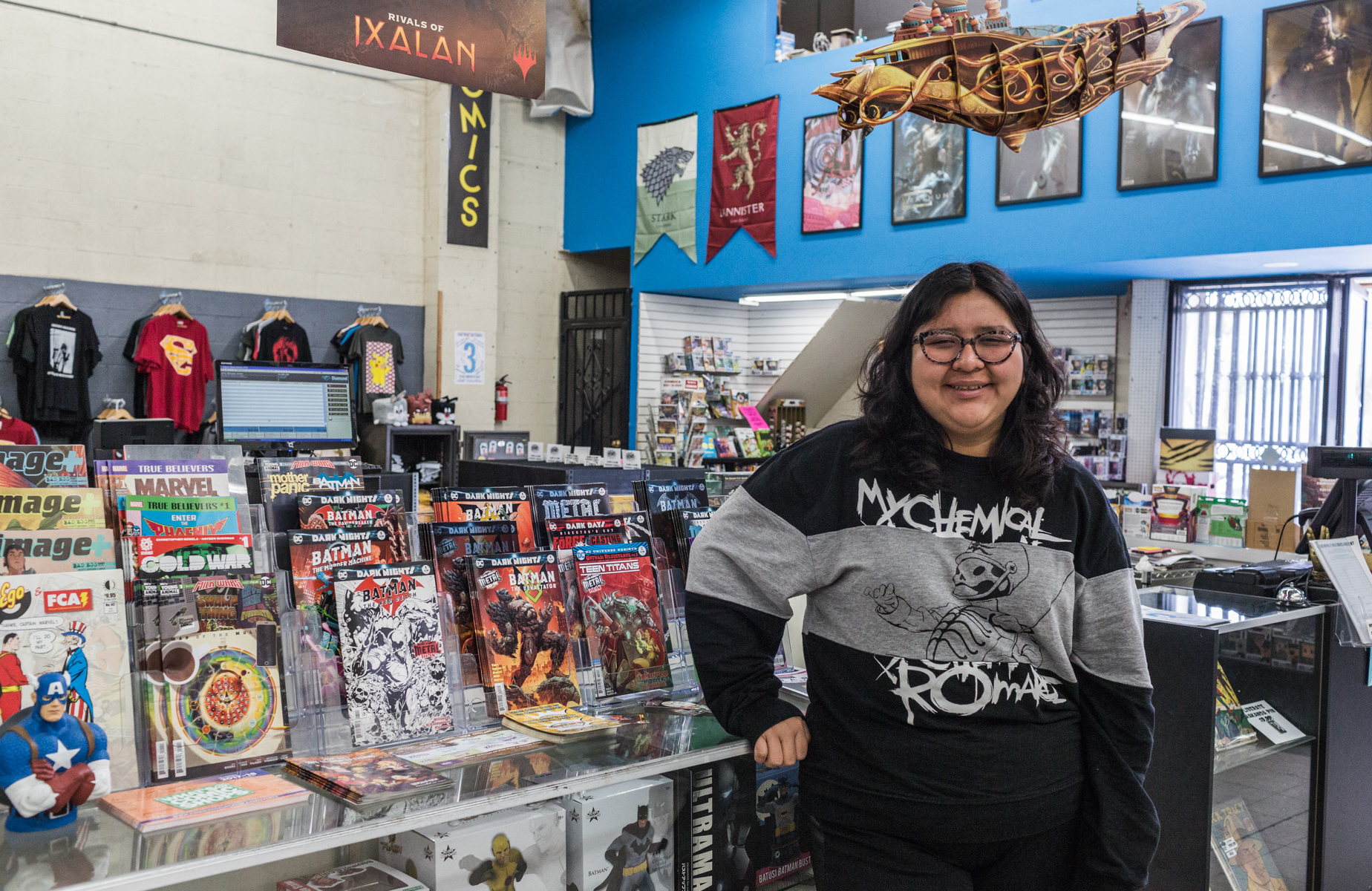
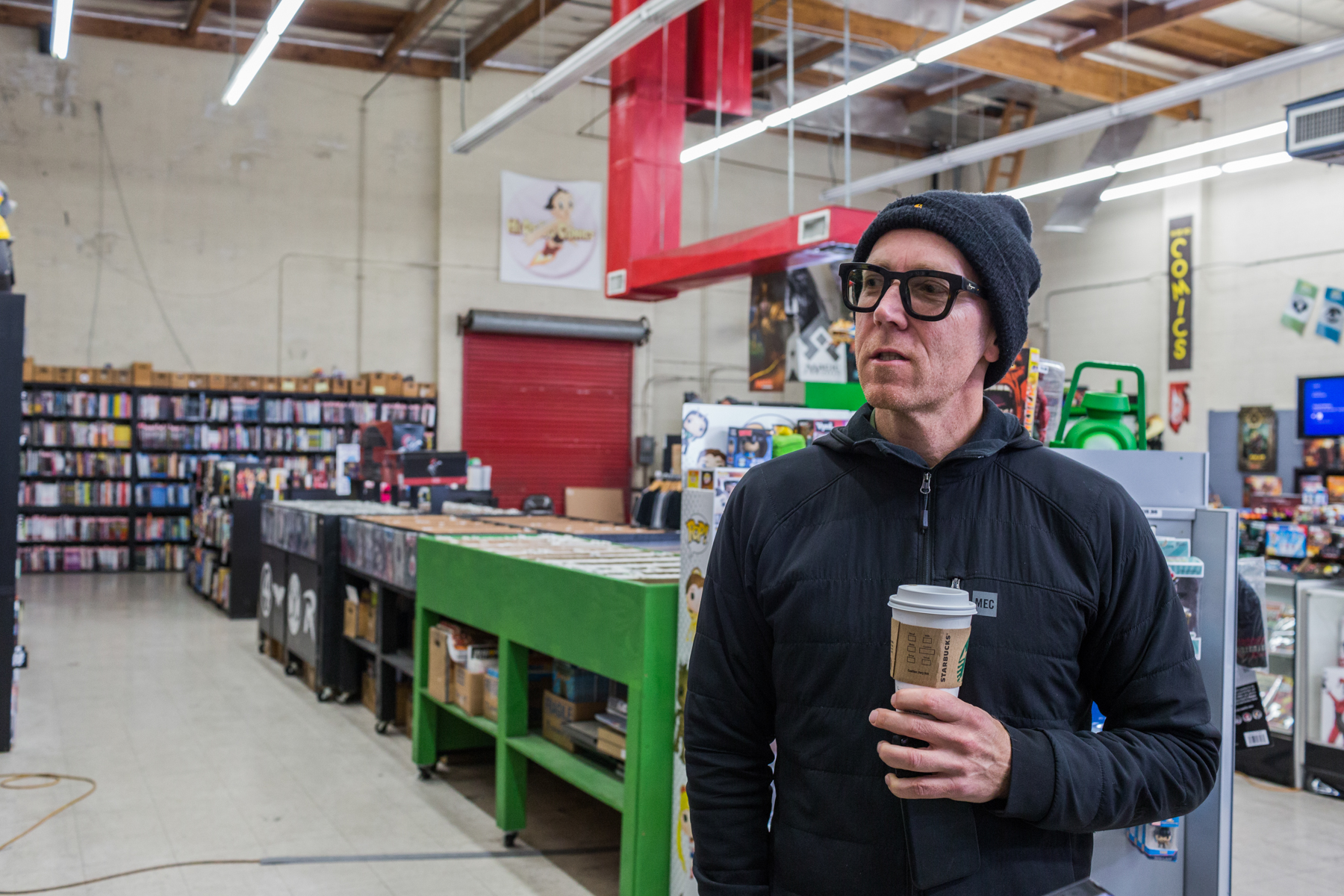
The “Inclusion in TV: Q&A with Marvel and DC Comics Television Writers” workshop was packed, with eager students and local Santa Monica residents filling every seat in the room, except one -- a seat at the front reserved for TV writer and speaker Charles Murray, who arrived fifteen minutes late to join fellow speakers Akela Cooper and Jenny Lynn. Santa Monica College Professor Monique Matthews moderated the panel of three speakers, who came to Santa Monica College to talk about their experiences as television writers on Thursday, March 1 at the Center for Media and Design campus.
Both Cooper and Lynn spoke about their experiences being the only minority writers in the workroom, and the strange feelings that come with being expected to represent everything related to Asians, African American, or women. The speakers shared their fear that if they don’t speak up on behalf of their ethnicity or gender, those voices would then go unheard.
Cooper mentioned a particular instance of being asked to deal with an African American actor who was difficult to work with, simply because they were both African Americans.
Murray himself was a writer for the first season of Luke Cage, which he says almost didn't happen. He declined the job at first, because he wasn’t a fan of the Blaxploitation, ultra-violent action films in the 70's and 80's which stereotyped African American characters, that was prevalent in the early Luke Cage comics from the 1970s, but was won over when he saw showrunner Cheo Hodari Coker’s vision for what the show would be.
Speaking on the success of Marvel’s Black Panther, professor Matthews said, “It breaks the lie that inclusive stories won’t translate and people don’t want it or they’ll drop off.” Ultimately, Matthews says that it's in the hands of the audience to support media properties that are inclusive.
While TV shows and movies with more inclusive casts are doing well, there has been a backlash to this increase in diversity in comic books. For the 2017 sales figures, Marvel’s Senior Vice President of Sales said in an interview with ICv2 that, “What we heard was that people didn’t want any diversity.”
Jennifer Lopez, who works at Hi De Ho Comics, the oldest comic book shop in Santa Monica, California, shared her thoughts on why inclusivity has been successful in television and movie adaptations of comic books, but not for the comic books themselves.
“With the movies as well, the people who watch the tv shows…. don’t read the comics. They feel like they’re getting the entire story from that source itself, and they’re ok with that,” Lopez said. But she says that Santa Monica customers seem to be more receptive to diversity in their comic books. “I think because of the location we’re in and how accessible we are and we try to be, we actually don’t sell a lot of superhero comics a lot, we sell a lot of independent titles and a lot of independent titles feature minority characters.”
On the other hand, Lopez says that the other comic book shop she works at in Gardena, California has customers who are more resistant to Marvel’s and DC’s attempt to diversify their comic book line-up. “Honestly it’s something that we hear all the time whenever a titular character gets replaced… ‘Why can’t this character have their own title. Why does Captain America have to be black?’ [While] over here [in Santa Monica] more people are interested in that story, they want to read that story, they want to see where that story goes. Whereas in a place like Gardena… Captain America is Steve Rogers. Whereas Sam Wilson is the Falcon, will always be the Falcon and that’s what they want him to stay as.”
In the last couple of years, Marvel has had minority characters take up the mantle of established white and or male heroes. Jane Foster and X-23 were women who replaced Thor and Wolverine, respectively. Khamela Khan, a young Muslim teen, became the new Ms. Marvel, Sam Wilson, an African American, became Captain America. But in the last few months, Marvel has canceled a slew of titles featuring minority leads including Luke Cage and Ice Man. Another title named America that starred America Chavez, a Latin-American LGBTQ character was canceled, and with the upcoming “Legacy” line of comics, it appears that the original versions of Thor, Wolverine, and Captain America are back.
That’s not to say that there haven’t been successful comics with inclusive casts. The Khamela Khan version of Ms. Marvel quickly became a fan favorite, and Ta-Nehisi Coates’ Black Panther has consistently been a best-selling comic. In addition, while sales of single-issue comic books are declining, sales for graphic novels and trade paperbacks, which contain several issues, are selling well.
Diamond Comics Distributors, who publish monthly lists of the best-selling comic books and graphic novels, only feature two comic books, out of ten, that have inclusive casts. On the other hand, six of the top 10 graphic novels sold in January star minority characters. So, for those who are disappointed in Marvel’s recent cancellation of inclusive comic series, there are alternatives in the form of independent comics outside of Marvel and DC Comics.
Ned McNeilage, a customer at Hi De Ho, says that “Everything’s very white for sure, but it’s the way women are being drawn that super obviously jumps out at you… but that’s why I always go to the more indie side of things where it’s female-led or family situations. I don’t go to the superhero stuff so much because it is a bit more one-dimensional.”
